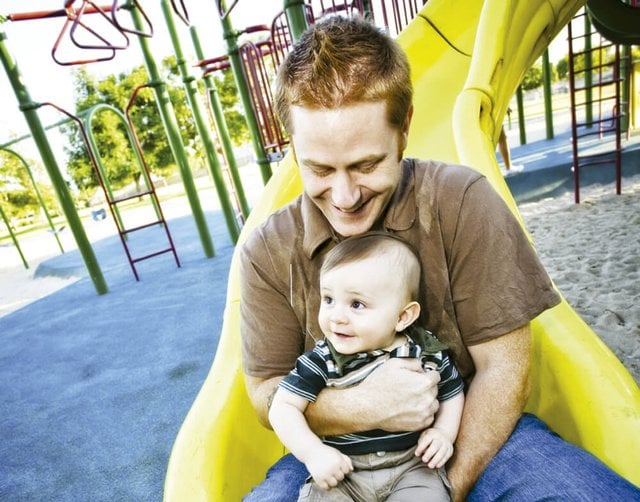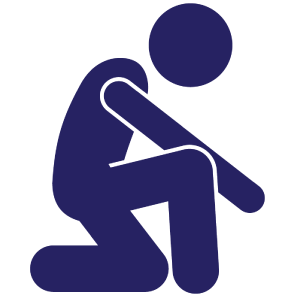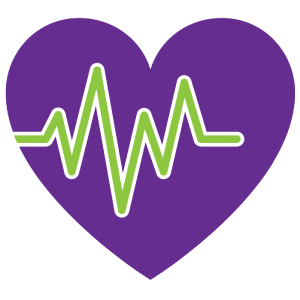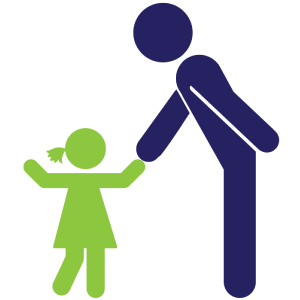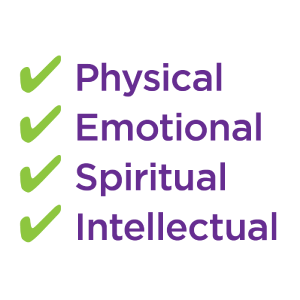05.1 What to Know
The health of our nation’s men is in crisis! On balance, men are far and away worse off than women when it comes to health outcomes.
Think about these facts. According to the U.S. Centers for Disease Control and Prevention:
- Men live an average of five years less than do women.
- The death rate for men (per 100,000) is higher than women for 9 of the 10 leading causes of death, including suicide (nearly 4 times higher for men).
- 92 percent of work-related deaths strike men.
- Men die from drug overdoses at a rate of 18.3 (per 100,000) compared to 11.1 for women.
- 70 percent of deaths from alcohol are among men.
- More men than women use alcohol, binge drink, and drink heavily.
- More men than women are obese.
The picture of health for men of color is worse than it is for white men:
- The life expectancy for Black men is 7 years less than it is for white men.
- The death rate for Black men is higher than the death rate for American men of other races and ethnicities.
- Compared with white men, Hispanic and Native American men lose more years of potential life to chronic liver disease or cirrhosis of the liver, diabetes, and homicide.
- The death rate, however, for white men, from all causes combined, is higher than it is for any other racial or ethnic group, except for Black men.
What does this crisis have to do with being a dad? A lot!



